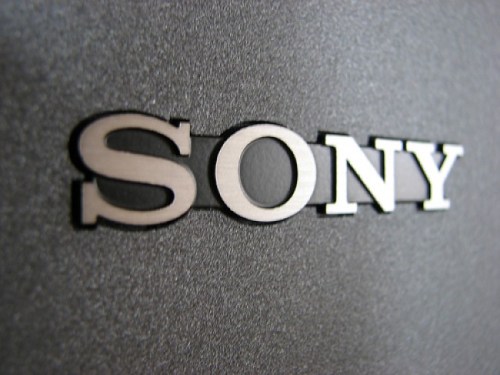 Sony announced it will be investing $1.2 billion over the next sure to bolster image sensor production. The device is used in digital cameras and smartphones, a growing market that Sony clearly is keen to take advantage of.
Sony announced it will be investing $1.2 billion over the next sure to bolster image sensor production. The device is used in digital cameras and smartphones, a growing market that Sony clearly is keen to take advantage of.
Last week, Sony was reported to be buying back a semiconductor production line it had previously sold to Toshiba, and today announced it is planning to use the Japan plant for complementary metal-oxide semiconductor production. The buy-back will run Sony $600 million, but it isn’t independently paying the bill. The electronics giant is allegedly receiving an unknown amount from subsidies for environmentally friendly businesses from the Japanese government. But it sounds like it could all pay off: this investment is expected to bring Sony’s total image sensor output to 50,000 units a month by March 2012, doubling what the company currently produces.
It seems like Sony is gearing up to take on the likes of Canon, a large producer of image sensors, with this move. While the image sensors will be used in smartphones, they will also be installed in digital cameras. The Wall Street Journal reports that Sony’s Exmor and Exmor R sensors have been in high demand from smartphone and digital camera developers due to their remarkable performance in poor lighting conditions.
This isn’t the only production news surrounding Sony. There’s been considerable noise concerning the purported release of the brand’s PlayStation smartphone. And it stands to reason that when (or, we’re inclined to add, if) the device is unveiled, it will hopefully come equipped with some impressive photo capabilities.
Editors' Recommendations
- How powerful is the M1 Max’s GPU? Estimates say possibly more than a PS5
- Sony’s cartridge patent may describe a custom external SSD for the PlayStation 5


